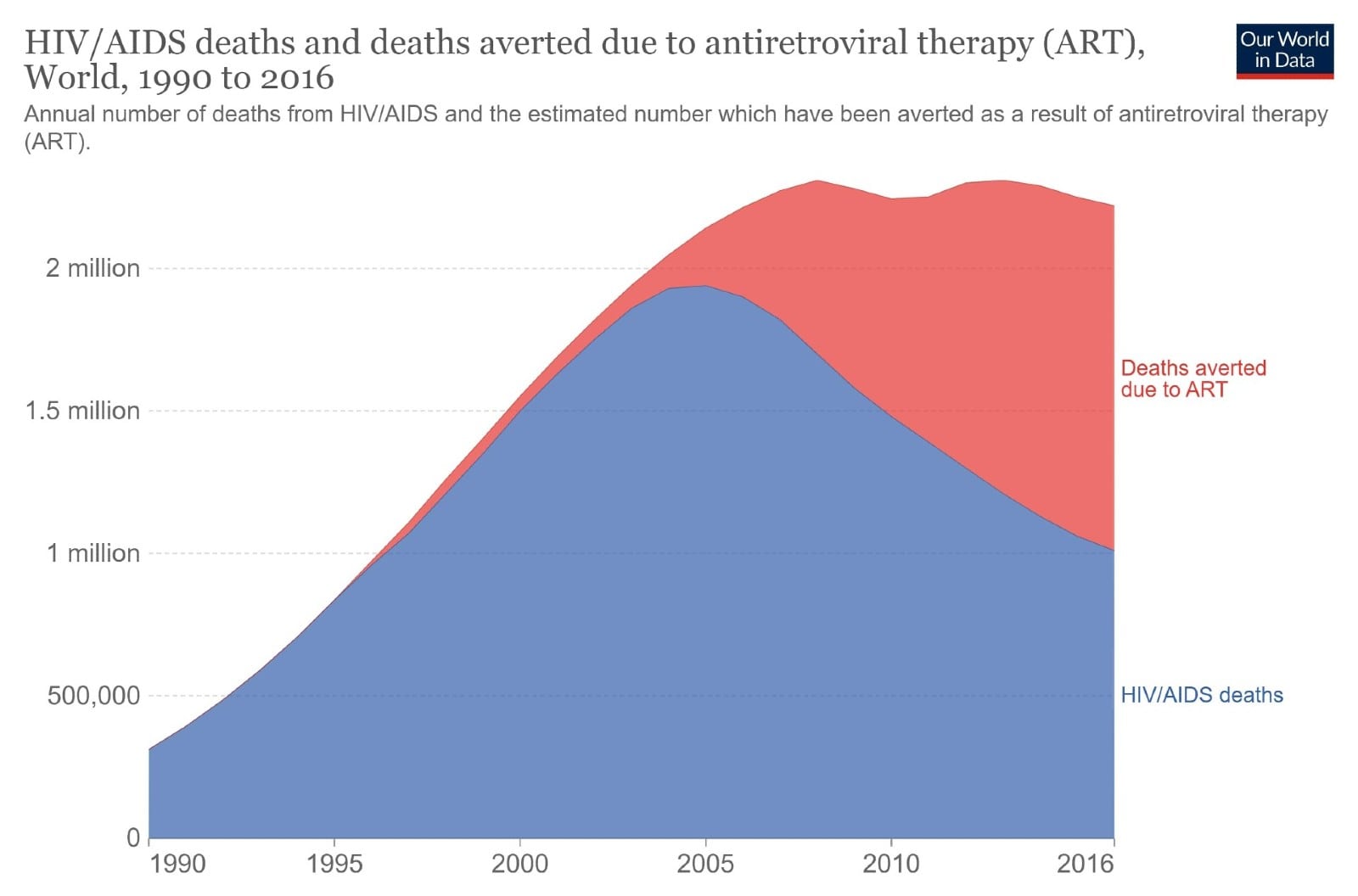Open letter calls on ViiV Healthcare to make new HIV injectable more globally accessible

Open letter calls on ViiV Healthcare to make new HIV injectable more globally accessible: Nobel laureates, business leaders, artists, a former Malawian president and former New Zealand prime minister are among 74 prominent figures that have signed an open letter (pdf) to the CEO of HIV specialist company ViiV Healthcare calling for fairer and more affordable global access to its groundbreaking new HIV medication. The letter was published last week in the run-up to the 24th International AIDS Conference in Montreal on 29 July.
What exactly are they asking for? The letter asks that ViiV substantially reduce the price of its newly-developed antiretroviral injectable for HIV prevention — CAB-LA — as well as quickly finalize licenses to produce generic versions, share tech knowledge so global producers can start manufacturing it, and commit to supplying enough of it to meet global demand until other producers come online.
The bottom line? If life-saving medication isn’t more accessible, the HIV/AIDS pandemic will roll on: Global access to HIV prevention and treatment is already deeply skewed in favor of wealthy countries, and if CAB-LA isn’t made widely available and affordable, it will deepen the inequalities fueling the pandemic, the letter argues. Currently, almost 10 mn people living with HIV globally aren’t accessing treatment, leading to 680k preventable deaths from AIDS every year, it adds.
Antiretroviral medication has been game changing in the fight against HIV/ AIDS: After the first antiretroviral agent, AZT, was developed in 1987, widespread uptake of antiretroviral therapy (ART) in the developed world during the mid-1990s significantly reduced mortality, saving mns of lives. In 2016, an estimated 1 mn globally died from HIV/AIDS, but 1.2 mn deaths were averted because of ART, Our World in Data — a collaboration between Oxford University researchers and non-profit Global Change Data Lab — estimates. ART not only significantly extends life expectancy — with a person who starts it in their twenties in a high-income country perhaps living for another 46 years — but can also prevent HIV transmission to others.
But for many years, high costs made ART inaccessible to many in developing economies: In 2000, the cost of a year’s treatment with antiretroviral medication in sub-Saharan Africa was some USD 10k per person. By 2016, it had fallen to less than USD 100 per person. This lower pricing, and generic competition between medication providers, eventually made ART more accessible, “sparing an estimated 16.5 mn lives,” the open letter notes.
And as of December 2021, 28.7 mn people were accessing ART, up from 7.8 mn in 2010, UNAIDS notes.
Still, the stats of people living with HIV/AIDS make for sobering reading: Some 38.4 mn people on average globally were living with HIV in 2021, according to UNAIDS. 1.5 mn people on average became newly infected with HIV in 2021, and 650k people on average died from AIDS-related illnesses in the same year.
This all sounds very familiar: The World Health Organization notes that vaccine equity is an essential part of ending the covid-19 pandemic. But pharma giants — including ViiV co-owner Pfizer — have repeatedly faced strong criticism for perpetuating covid-19 vaccine inequity by keeping vaccine prices high, refusing to share their tech, and imposing “abusive” conditions on countries that want to purchase shots.